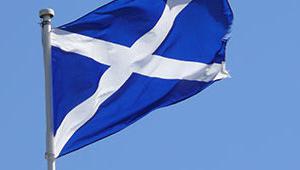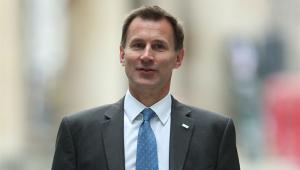By Tash Shifrin
A wave of gloomy economic reports has further constricted the government’s room for manoeuvre in the Budget, while pressure has mounted to produce credible plans to restore the public finances.
A wave of gloomy economic reports has further constricted the government’s room for manoeuvre in the Budget, while pressure has mounted to produce credible plans to restore the public finances.As world leaders met to discuss the international economic crisis at the G20 summit in London, economists warned that fiscal ‘tightening’ to bring the public finances back into balance after the recession could amount to £20bn. This would come on top of a £37bn spending squeeze already planned.
The G20 meeting was preceded by the release of figures from the Office for National Statistics on government deficit and debt under the Maastricht Treaty. The treaty sets an ‘excessive deficit’ threshold of 3% of gross domestic product and a limit of 60% of GDP for debt.
The March 31 figures showed the UK breaching the excessive deficit rule, with borrowing at 5.4% of GDP for 2008, while debt reached £750bn, or 52% of GDP – up from 44.2% in 2007.
An interim report on the economic outlook, issued by the Organisation for Economic Co-operation and Development on the same day, warned that the UK economy was ‘set to deteriorate further, with output projected to decline by 3.7% in 2009’.
Deficit figures were projected to rise to over 9% of GDP this year and even higher in 2010, the OECD said. This meant the ‘room for additional fiscal manoeuvre to respond to worse-than-expected activity developments is therefore limited’.
Carl Emmerson, deputy director of the Institute for Fiscal Studies, said the government would not be concerned about going through the Maastricht Treaty thresholds. The UK ‘can’t be fined’ because it is not using the euro, he said. But the breach was ‘indicative of a problem’ with the state of the public finances.
The IFS believed the £37bn spending squeeze from 2011 set out in November’s Pre-Budget Report was not enough to restore the public finances.
‘We think tightening [would need] another £20bn,’ Emmerson said. This would not all have to come from spending, but could be raised through tax increases.




















